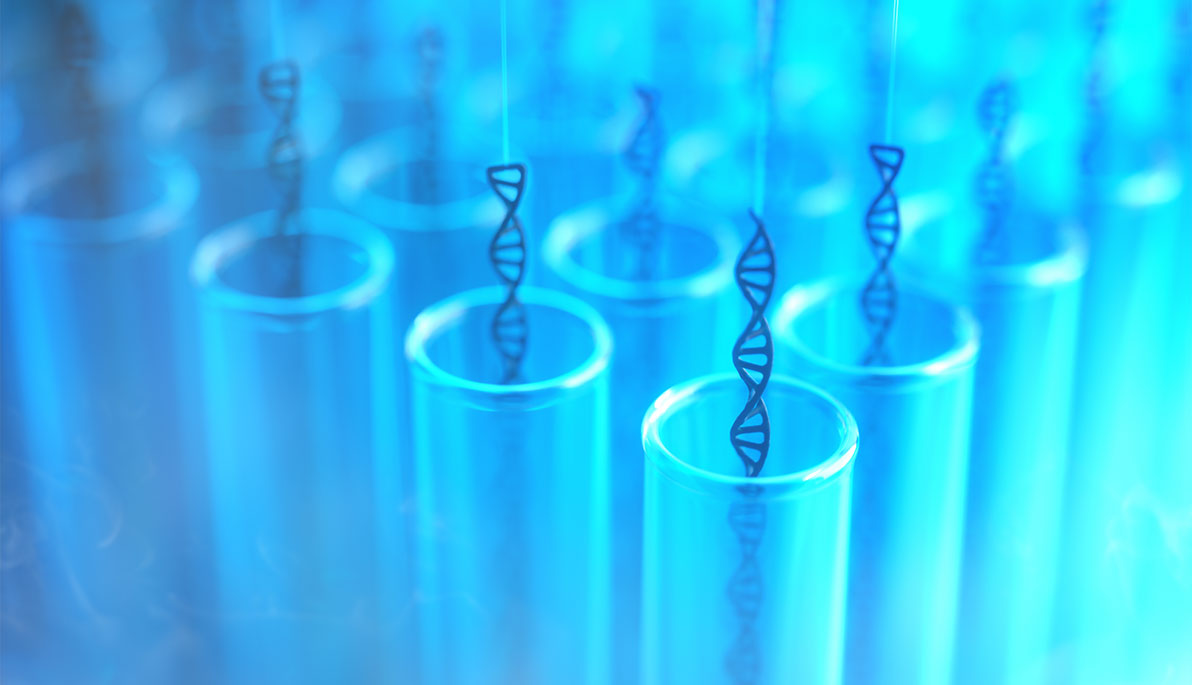
How DNA Testing Kits Can Mislead Consumers
January 23, 2018
Direct-to-consumer DNA testing kits promise to identify a person’s ancestry, heritage, and whether or not they are likely to develop a deadly disease such as Alzheimer’s, Parkinson’s, and Celiac. To many consumers, the knowledge can be very enticing.
However, according to geneticist, David Tegay, D.O., associate professor and chair of Clinical Specialties in NYIT College of Osteopathic Medicine (NYITCOM), DNA kit test results could provide consumers with a false sense of security.
“While at-home DNA testing kits have proven consistent in determining genetic ancestry, they’re not the tests you want performed if you’re seriously trying to determine the likelihood of inheriting your family’s disease,” says Tegay.
Although the tests may make people feel empowered and more in control of their health, Tegay notes that direct-to-consumer DNA testing kits generally only examine the most common polymorphisms, or genetic variations in DNA building blocks, thereby skewing the results. “The tests are usually only able to determine whether a person tests negative or positive for a few, but not all, mutations linked to a disease. Therefore, it’s very easy for people to fall into the trap of gaining false hope and believing that they won’t inherit a hereditary condition, when in fact there’s still so much they may not know.”
As for those who are concerned the test will falsely show they are at risk for a disease or hereditary ailment—thereby opening a Pandora’s Box of testing and doctor’s visits, Tegay notes that analytic false positive results are rare, but advises all consumers to seek professional attention to rule out potential risk factors.
“No matter the outcome of your at-home results, they should be taken with a very large grain of salt. While these tests can provide us with fascinating insight into our family lineage, only genetic testing combined with the counsel of a qualified healthcare professional can provide an accurate risk assessment for hereditary disease.”
More Features

An Alumnus’ Commitment to the Environment
As an energy management graduate from New York Tech’s Vancouver campus, Jasdeep Gulati (M.S. ’22) is highly invested in educating people about environmental and climate sustainability.

Vancouver Faculty Win University-Sponsored Research Awards in New Program
The new Global Impact Research Grant (GIRG) program has been developed to keep Vancouver-based faculty connected to faculty and research projects being conducted on the university’s New York campuses.

Studying Climate Change One Degree at a Time
Junhua Qu (M.S. ’24) began her collegiate journey in Beijing. But, her interest in climate change took her to New York Tech’s Vancouver campus to study energy management.
